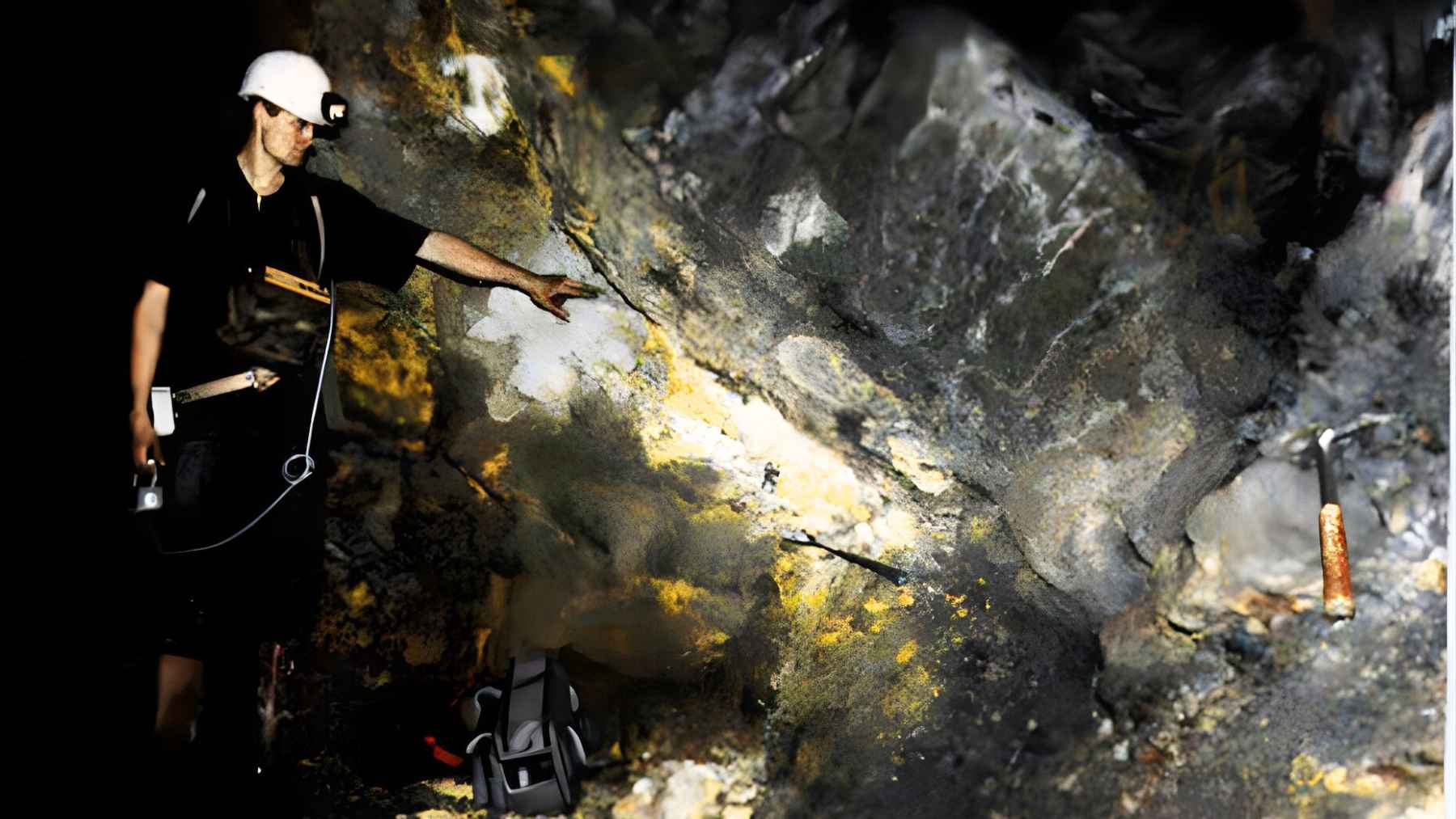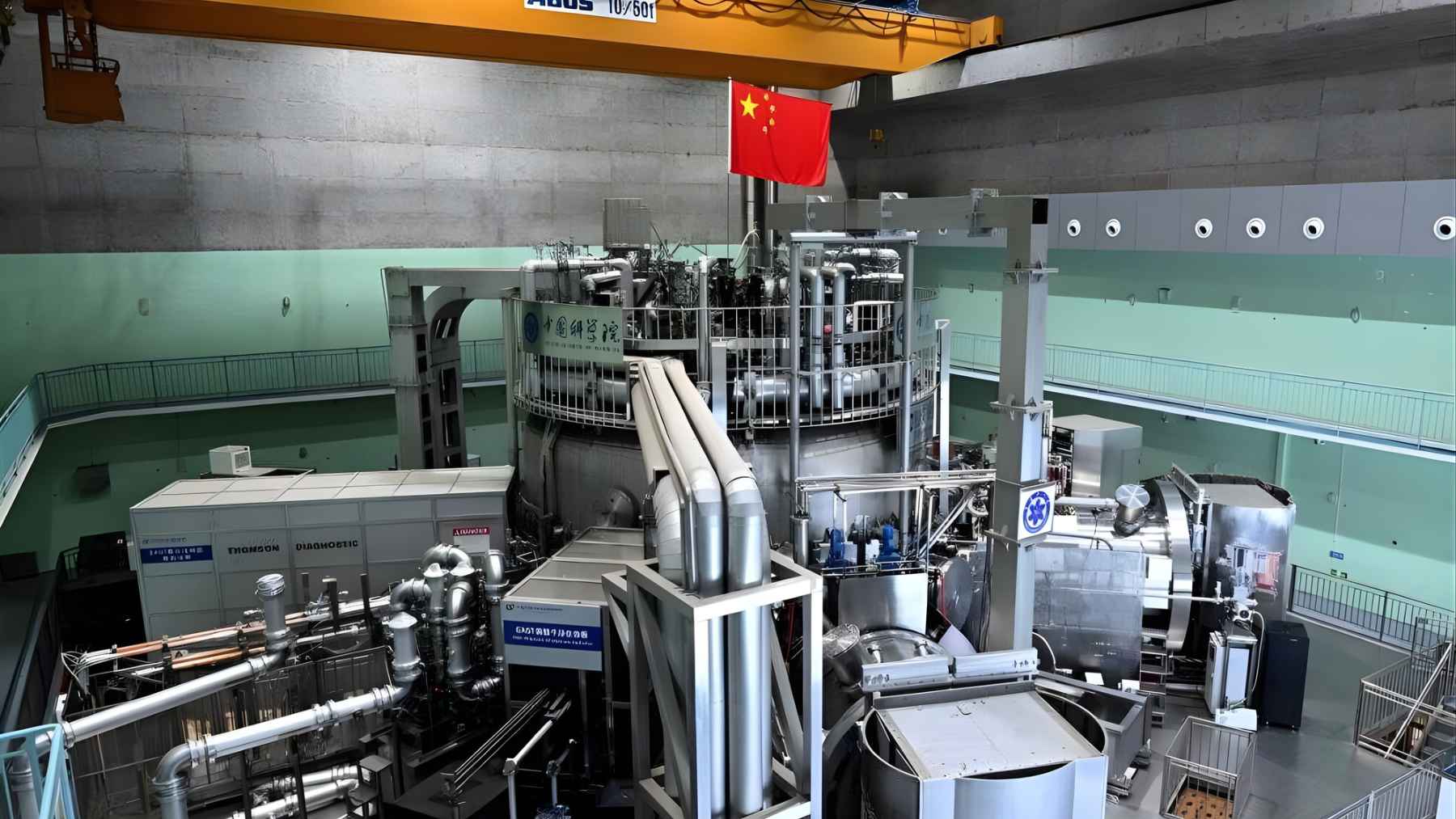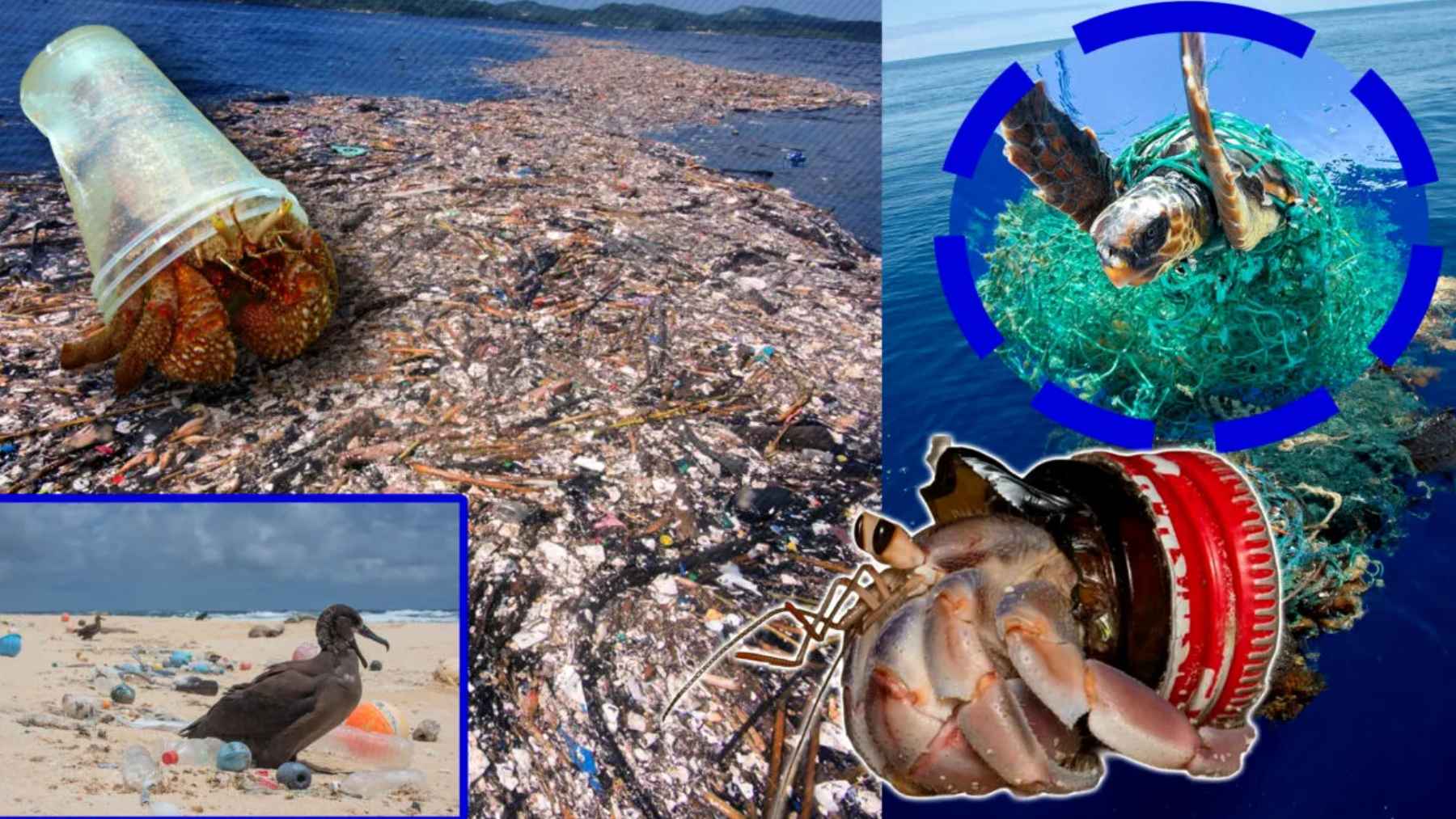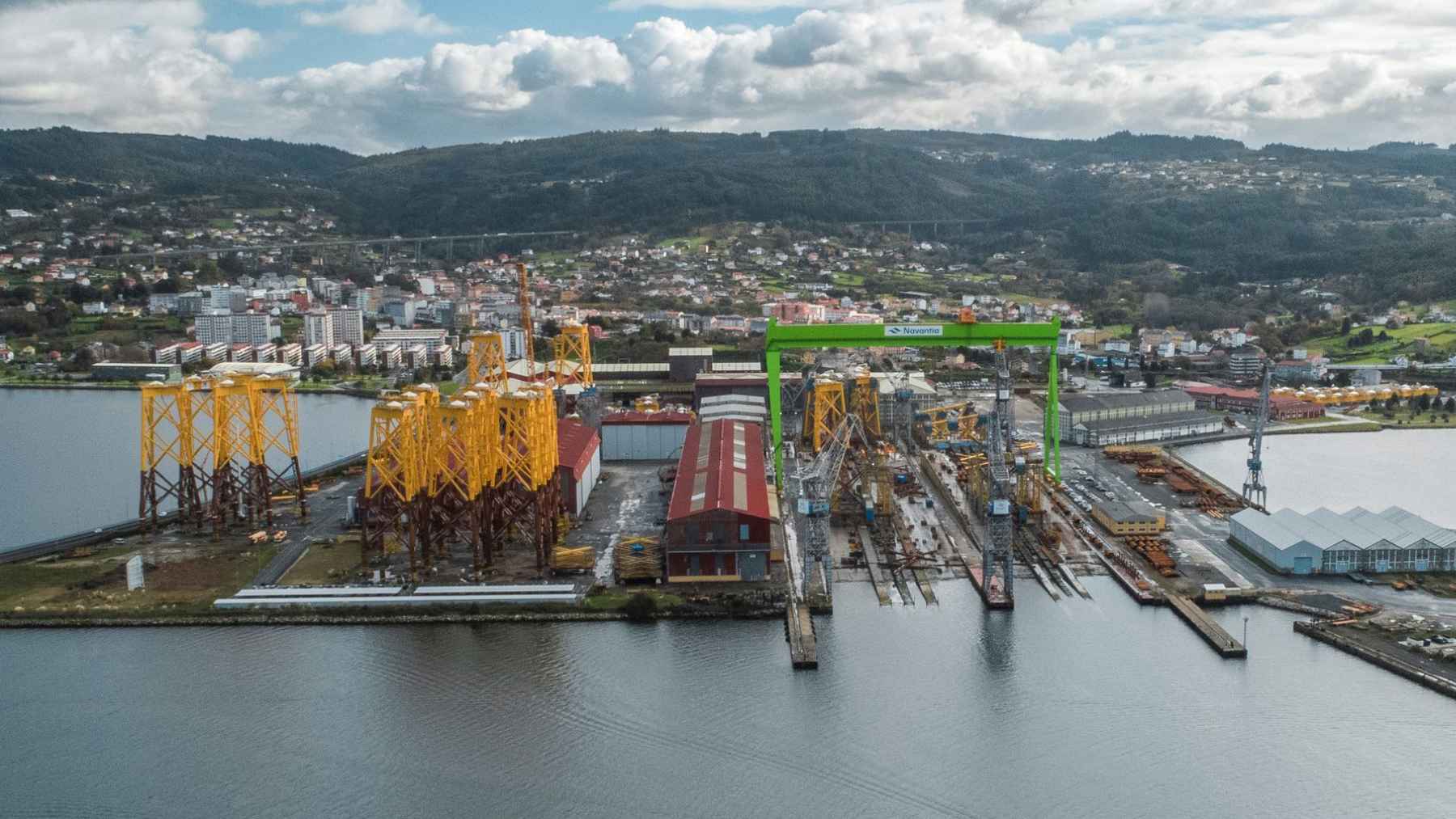It’s rather rare to hear that Africa could hold the solution that marks the end to the gas and petroleum problem in the palm of her hand. However, West Africa has acquired that power and can promise the world a clean and carbon-free energy source. Engineers and scientists alike have discovered a reservoir filled with pure hydrogen gas, which offers the chance to rid the world entirely of its gas and petroleum problems. Approximately 1,400,000 kilograms of clean hydrogen can be found in this 1,416,000 kg mine.
Uncovering treasure in West Africa
The mind-blowing discovery was the result of a fire that occurred in the 2000s in a water well near Bourakébougou in Mali. Gas that was emitted from this borehole was made up of nearly 98% pure hydrogen and was burning clean with no black smoke.
What was revealed was that those 1,416,000 kilograms of hydrogen were hidden beneath a smaller African village in Mali itself. The hydrogen is in its purest form and is completely different from the hydrogen manufactured through polluting processes. The hydrogen uncovered was the hydrogen that had resulted from chemical reactions between water and iron-rich minerals. Plus, what was discovered was that the hydrogen was continuously being generated through a natural process called serpentinization.
One of the first hydrogen fields of its kind
The hydrogen field buried beneath Bourakébougou stretches over 8 square kilometers and holds more or less five stacked hydrogen-rich geological layers.
Upon questioning of extraction costs, it was found that green hydrogen formulated via electrolysis costs around $5 per kilogram, while blue hydrogen created from fossil fuels with carbon capture costs more or less $2 to $3 per kilogram. However, in comparison, this natural hydrogen in Mali can be extracted for as little as 50 cents per kilogram.
Could hydrogen extraction be cheaper than diesel or coal? It is clear that this discovery makes hydrogen competitive with other contenders in the clean energy game. Currently, this hydrogen well provides power to an entire village in Mali and makes an appearance in the electricity, education, and commerce sectors. This is all made possible by water, which serves as the fuel.
Africa holds much potential
Initially, there were many doubts about extracting hydrogen naturally, but these doubts were put to bed once scientists discovered where to look for hydrogen. The discovery led to further discoveries, such as the fact that hydrogen is formed geochemically and continuously, especially in regions where iron-bearing minerals can be found.
What the discovery in Mali led to was speculations about the potential that other African countries could hold. It is assumed that African countries with a geology similar to Mali, like Guinea, the Democratic Republic of Congo, and parts of southern Africa, could also contain just as large hydrogen reserves.
Hydrogen is surely worth discovering as it does not lead to larger toxic spills or bigger carbon footprints. Hydrogen offers clean power. It is predicted that this natural hydrogen discovery could meet the world’s demand for clean energy for over a thousand years. On offer in Mali is pure hydrogen, posing no need for humans to turn hydrogen black anymore.
Mali’s discovery is going down in history
It is usually Europe that has become well-known for holding the potential to provide about 45,000 tonnes of green hydrogen yearly; however, it is now Bourakébougou’s hydrogen discovery that promises a cleaner energy future for years to come. Offering 1,4 million kilograms of clean hydrogen in just one reservoir and the possibility of millions more hidden hydrogen reservoirs across the continent, Africa may become the leader of the clean energy movement. The end of oil and gas could very well be brought about by a tiny village in Mali, which lies in the heart of Africa.
Disclaimer: Our coverage of events affecting companies is purely informative and descriptive. Under no circumstances does it seek to promote an opinion or create a trend, nor can it be taken as investment advice or a recommendation of any kind.














